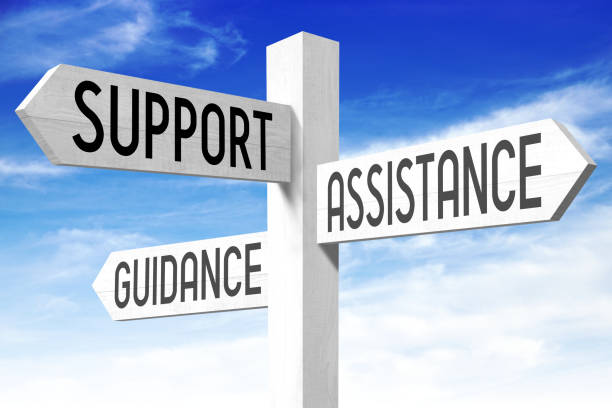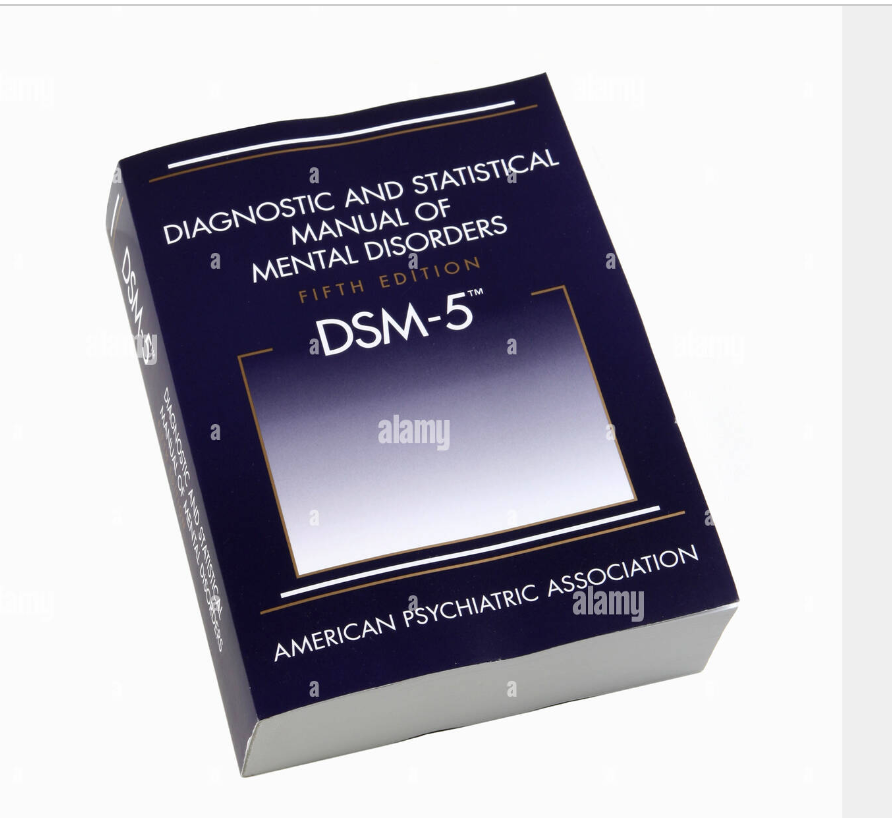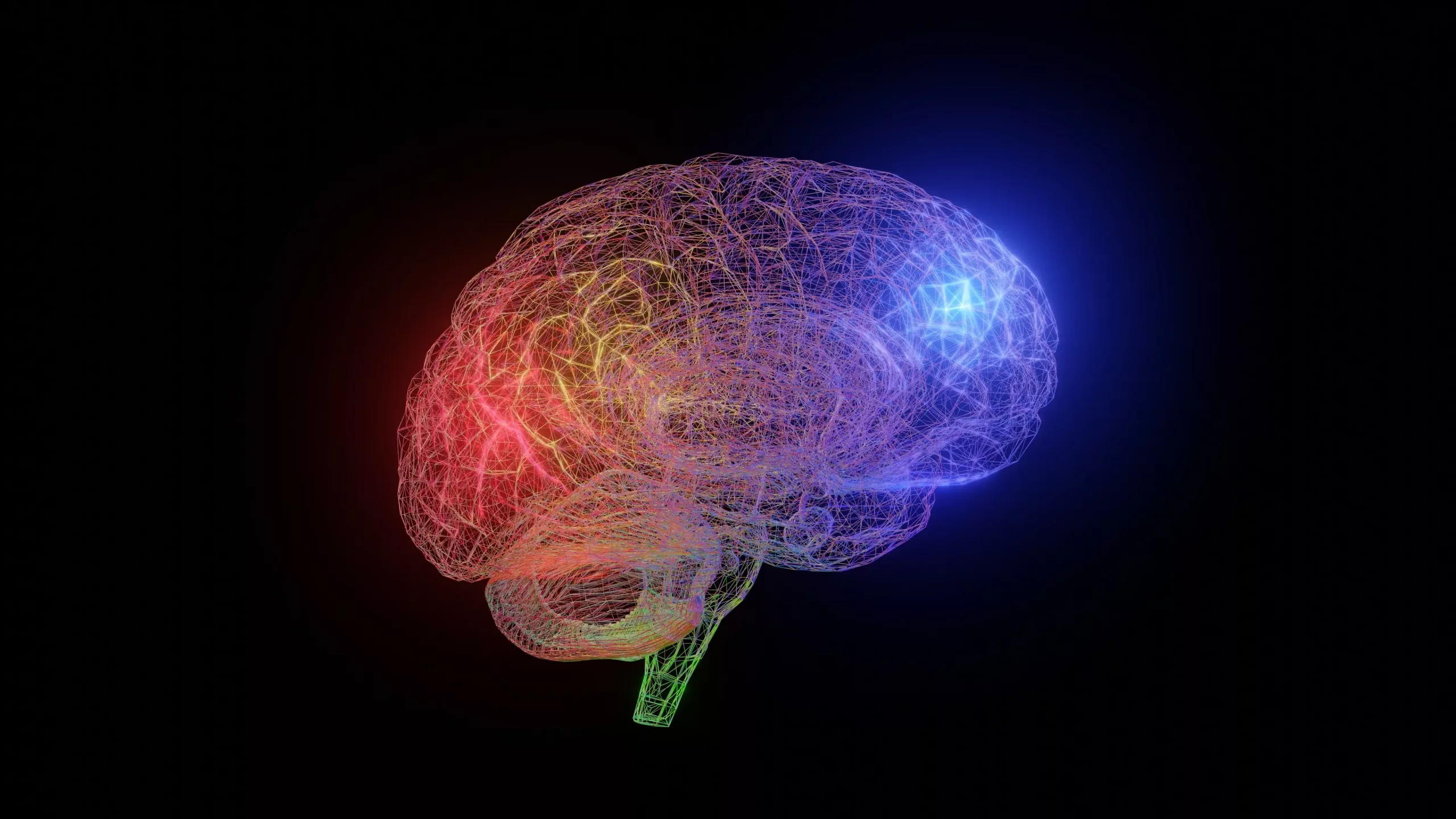Promising research into PTSD and the psychological effects of cancer such as anxiety and depression, have cast new light on the party drug, ecstasy (MDMA), and a hallucinogenic ingredient in “Magic Mushrooms” (psilocybin).
In a paper posted online, Michael and Ann Mithoefer, the husband-and-wife team offering the treatment — which combines psychotherapy with a dose of MDMA — write that they found 15 of 21 people who recovered from severe post-traumatic stress in the therapy in the early 2000s reported minor to virtually no symptoms today.
Another study showed about 80 percent of cancer patients showed clinically significant reductions in psychological disorders — a response sustained some seven months after the single dose of psilocybin.
Side effects were minimal, according to researchers. Cancer-related psychological distress, which afflicts up to 40 percent of patients, can be resistant to conventional therapy.
These studies are the first long-term test to suggest that psychiatrists’ tentative interest in hallucinogens and other recreational drugs — which have been taboo since the 1960s — could pay off.
Psilocybin trials are underway in the United States and Europe for alcoholism, tobacco addiction and treatment-resistant depression. Other hallucinogens are also being studied for clinical application. This week, the Food and Drug Administration approved a large-scale trial investigating MDMA for post-traumatic stress disorder.
A handful of similar experiments using MDMA are now in the works in Switzerland, Israel and Britain, as well as in this country. Both military and civilian researchers are watching closely. So far, the research has been largely supported by nonprofit groups.





Leave A Comment